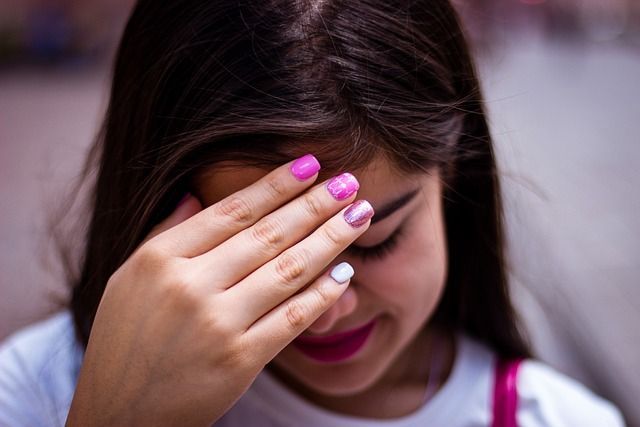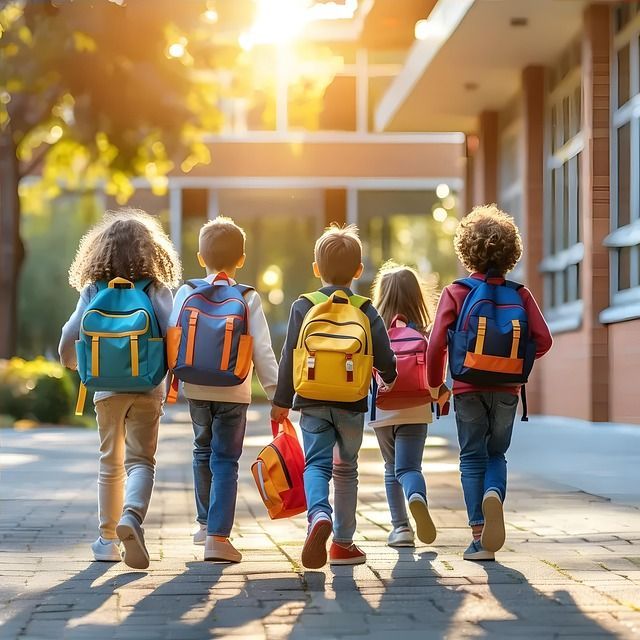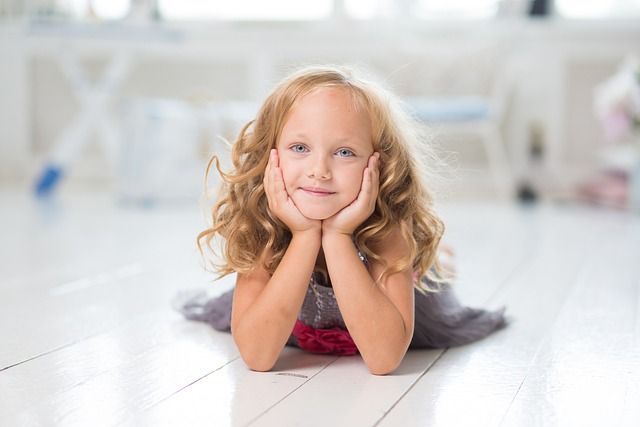Available Now!
ONLINE MAGIC COURSE
Understanding Social-Emotional Learning
If you’re a parent or teacher, you may have heard of Social Emotional Learning. Closely related to Character Education, it’s a series of skills children need to master. Developing and honing these skills improves their ability to cope with life’s curveballs, coexist with others, and more. But how does this work?
I’m Character education school assembly performer Joe Romano. I’ve delivered inspirational and amazing assembly programs to schools for over 30 years. After focusing much of my career on Math, Science, and Reading assemblies, I saw a need for a Character Education-centric program. Now it’s my most popular program. This article will explore what Social-Emotional Learning is, why it helps children, and more.
What Is Social-Emotional Learning?
At its core, Social Emotional Learning, or SEL, is a process of developing self-awareness. This self-awareness applies to how the person reacts to what’s going on around them. But it goes much deeper. SEL helps kids learn how their actions and reactions affect those around them.
Why Social-Emotional Learning Matters
When we are aware of our actions and how they affect others, we learn how to work or play effectively with others. This makes our interactions more productive and helpful to those around us.
When a child grows up, finishes school, and enters the workforce, they need to manage their behavior. It doesn’t matter how smart a person is. If they can’t manage their actions and get along with others, they’ll have a hard time finding and holding a job.
Schools teaching SEL skills are preparing children for life after school. By managing their behaviors in the classroom and on the playground, they gain valuable skills that will benefit them throughout their entire life.
Social-Emotional Awareness: Self-Awareness
The foundational concept in SEL is self-awareness. Before we can learn to think first of others, we need to be aware of what we are doing. A child with no self-awareness doesn’t realize what their actions are doing. They can’t see past what they want at the moment.
Self-awareness includes understanding their emotions. Kids also learn about honesty and integrity to build trust in others. Once a child realizes what they say and do affects others, they can learn to control their impulses. They can discover how to think of others and coexist in a group setting.
Social-Emotional Awareness: Self-Management
It isn’t enough to know what we are feeling and why. Once a child is self-aware of their feelings and behaviors, it’s time to learn to manage their actions. Under SEL guidelines, children learn to manage their emotions. They ‘dial it down’ to show self-control.
But self-management goes further. Children learn how to discipline themselves. They keep their reactions in check. From there they start learning to set goals and organize things in their lives. They learn to motivate themselves toward their goals. In short, they become self-starters.
Social-Emotional Learning: Social Awareness
Once the prior skills are developed, children learn to consider others. From someone’s strengths to point of view, social awareness is observing and understanding those around you. It’s here where SEL helps kids learn and hone empathic skills. They learn to see and understand someone else’s point of view.
Social-Emotional Learning: Relationship Skills
It’s at this stage where children learn how to build and maintain healthy relationships with others. Here children learn how to communicate effectively. They learn conflict resolution skills. Learning this is key as people can and will always disagree.
A child with poor relationship skills may carry those habits into adulthood. This can negatively impact their career. Someone who flies off the handle or blows up during a work disagreement will have a hard time maintaining a prosperous career.
Children learn leadership skills and how to offer support or help others who need it.
Social-Emotional Learning: Responsible Decision-Making
This final stage helps children develop skills to handle a variety of interactions. They learn good decision-making skills, how to find solutions to problems, and critical thinking skills. Here is where kids also learn how to judge how their actions will impact the situations around them.
Social-Emotional Learning: Endgame
If you’re not familiar with SEL, all of this might sound a little complicated. But at its core, SEL teaches kids to simply think before they act and consider others’ feelings. Add a dollop of empathy and you have the perfect recipe for a child with life skills to take them to adulthood!
The Perfect Character Education Program?
Want to help your school get excited about core Character Education principles? My “The Magic in You” assembly on character reinforces what kids are already learning in the classroom. Using jaw-dropping magic, hilarious kid-friendly humor, join-in fun, music, and more, I guarantee your students will be captivated from beginning to end. Contact me today to find out more!



